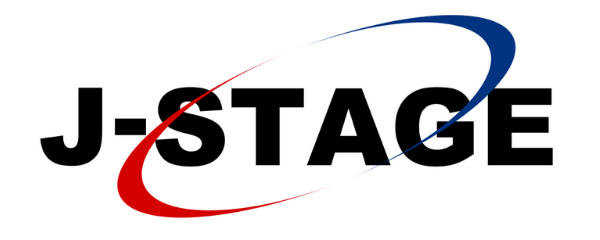[RG19-1] Migration and Development
The research group aims to analyze the impacts of migration on the economic and human development in their home countries and destinations. Migration, both within and beyond national borders, is a broad concept that encompasses refugees or internally displaced persons of conflicts and natural disasters as well as those who move to seek opportunities of employment, education, or marriage at their own will. The impacts of migration have been discussed mostly in terms of...
[RG20-1] Exploring Local Community Development in View of Market-State-Community Relations
Under the s way of growth fetishism’ resulting in development practices that infringe up on our biosphere ’s limits and human wellbeing, there has been a surge of interest in local community development. It is plausible, with recourse to community based approaches, to envision a road map to the establishment of a green and caring economy because, in a local community , people are normally positioned to use locally available resources in a more...


![社会課題解決のための開発とイノベーション [FY2022-]](https://jasid.org/wp/wp-content/uploads/2021/11/eye-Solving-Social-Problems-240x240.png)





